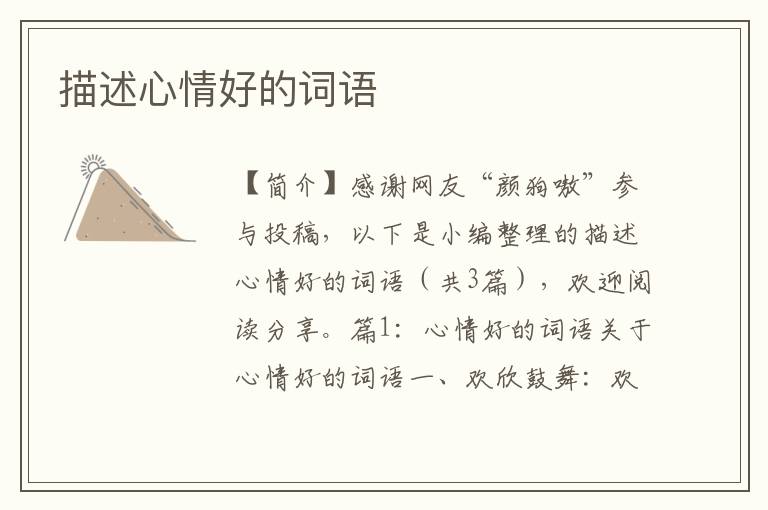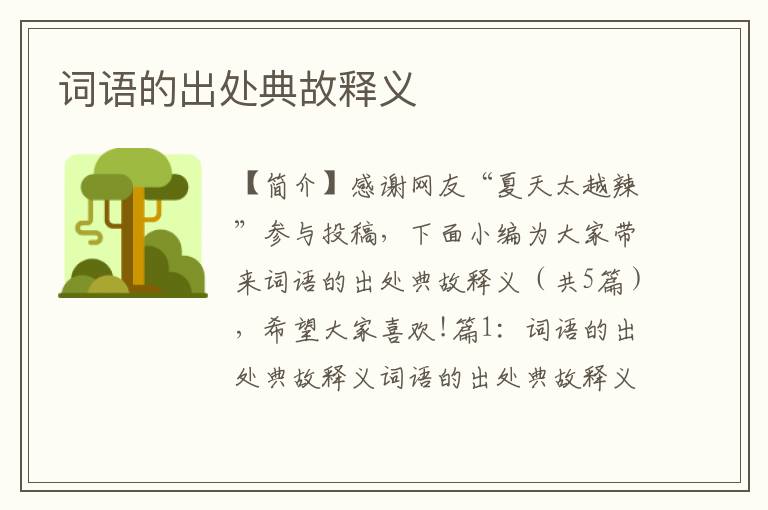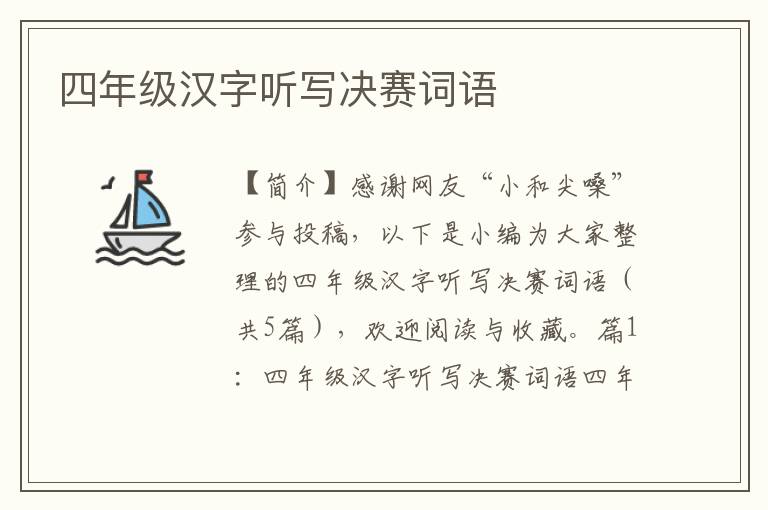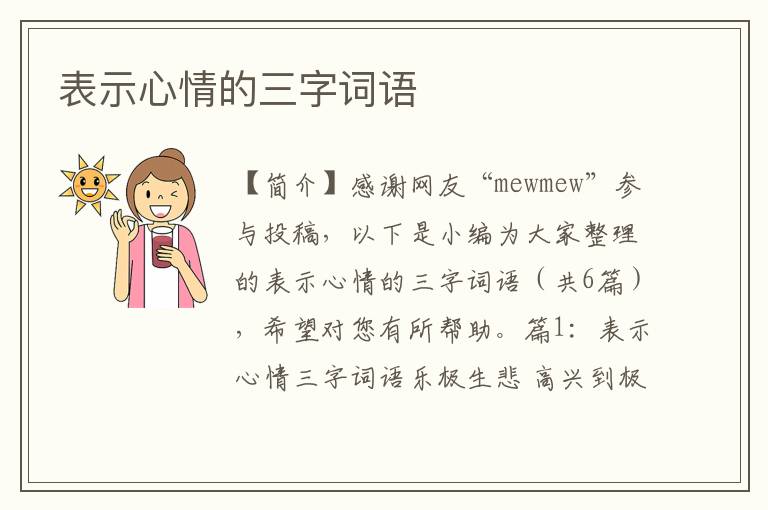公文写作中容易混淆的12组词语

【简介】感谢网友“一只”参与投稿,以下是小编帮大家整理的公文写作中容易混淆的12组词语(共2篇),仅供参考,大家一起来看看吧。
篇1:公文写作中容易混淆的12组词语
公文写作中容易混淆的12组词语
一、“截止”与“截至”
“截止”是指到一定期限为止或停止,强调“止”,即在计时点上所进行的事情已经完结或基本完结,是不及物动词,不能带宾语,一般用在时间词语之后;“截至”是指截止到某个时候,强调的是该计时点上的状态,是及物动词,一般用在时间词语之前,要带宾语。如:“报名时间昨天已经截止”、“截至9月10日”。
二、“制订”与“制定”
“制订”是指创制拟定,是经过研究商讨形成的,不一定是定案,强调过程,具有创造性,多用于计划、方案等;“制定”是指将拟议或创制的东西确定下来,成为定案,不可轻易更改,强调动作已完成,具有权威性,多用于政策、法规、纲领、方针、决议等。如:“制订计划”、“制定法律”。
三、“汲取”与“吸取”
两者为近意词。“汲取”往往与表示抽象事物的词语搭配,强调在加工、提高基础上的吸取,多用于书面语;“吸取”的搭配对象非常广泛,既有表示抽象事物的词语,也有表示具体事物的词语,可用于书面语和口语。如“汲取经验”、“ 吸取养料”。
四、“倍受”与“备受”
“倍受”表示加倍得到,有更加、格外的意思;“备受”表示完全得到。如:“倍受鼓舞“、“备受欢迎”。
五、“作出”与“做出”
二者都有从事某项活动的意思。“作出”的宾语一般比较抽象,多为思想上的;“做出”的宾语一般比较具体,多为行为上的、可见的。如:“作出贡献”、“做出一个高难动作”。
六、“督察”与“督查”
“督察”是指监督察看,多用于承担法定监督工作的部门依法进行例行监督工作;“督查”是指督促检查,多用于监督、催促和检查某项具体工作的`进展和完成情况。如:“土地例行督察”、“督查工程进度”。
七、“决不”与“绝不”
“决不”是指决心不,强调的是意志上的控制,多用于表决心或表示心愿;“绝不”是指绝对不,是无条件的,不管人的主观意志如何,多适用于对普通对象作出限制规定。如:“决不退缩”、“绝不允许”。
八、“必须”与“必需”
“必须” 是指事理上和情理上的必要,侧重于“一定得要”,是副词,只能用在动词或形容词前作状语;“必需”是指一定要有,是动词,多用在名词性词语前,可作定语、谓语和宾语,一般不作状语。如:“必须参加”、“必需元素”。
九、“亟待”与“急待”
“亟待”是指极须、急迫待办,强调意义十分重要,问题的严重性已达极点,否则不宜用“亟待”一词。“急待”是指紧急待办,主要强调时间的紧迫性,但《现代汉语词典》中没有“急待”一词,建议不用。
十、“以至”与“以致”
“以至”是指在时间、数量、程度、范围上的延伸,用于事物程度的升级;“以致”用在下半句话的开头,表示下文是上述原因所形成的结果。如:“循环往复以至无穷”、“他事先没有充分调查研究,以致做出错误的结论”。
十一、“权利”与“权力”
“权利”是指公民或法人依法行使的权力和享受的利益,是一个法律概念;“权力”是指政治上的强制力量或职责范围内的支配力量,是一个政治概念。如:“法律保护公民的合法权利不受侵犯”、“公安机关有依法拘留违法犯罪人员的权力”。
十二、“部分”与“部份”
“部分”是指整体中的局部或整体里的一些个体。《现代汉语词典》中以“部分”为标准词形,没有“部份”这个词,建议不用。
篇2:听力中容易混淆的词语及其表达法
1) a big time:尽兴,高兴的`时刻
e.g. I had a big time there.
the big time:第一流,最高级
e.g. Don’t worry, you are in the big time now.
2) according to:按照,根据
e.g. They were commended or criticized according to their work.
according as:随……而定
e.g. The thermometer rises or falls according as the air is hot or cold.
3) admit to:承认
e.g. I have to admit to a dislike for modern music.
admit sb.(in) to:允许某人进入某地或加入某组织、行业
e.g. They have admitted me into their club.
4) all for:完全赞成
e.g. I am all for holding a meeting to discuss it.
for all:尽管
e.g. They could not open the box for all their forces.
5) all in all:总的说来
e.g. All in all, it is a success.
all in:疲倦,筋疲力尽
e.g. He was all in, but he stuck it out.
6) as it is (was):照目前的情况来看
e.g. As it is, we shall be able to complete our task in time.
as it were:可以说,姑且这样说
e.g. He is, as it were, a walking dictionary.
7) as much as:几乎,实际上
e.g. By running away he as much as admitted that he had taken the money.
as much…as:与……一样多
e.g. It is as much our responsibility as yours.
8) as well:也,还是……为好
e.g. He gave me advice, and money as well.
Since you have begun to do it, you may as well finish it.
as well as:不仅……而且,除……之外
e.g. With television, we see a picture as well as hearing sound.
Small towns as well as big cities are being rapidly industrialized.
9) at one time从前某个时期
e.g. At one time, we met frequently.
at a time:每次,一次
e.g. You can borrow only two books at a time.
10) attach to:属于,归因于
e.g. No blame attaches to him.
attach oneself to:参加,加入
e.g. He attached himself to the group of climbers.
11) be a credit to:为……增光
e.g. I hope you will be a credit to your school.
do credit to:为……增进荣誉
e.g. This piece of work does credit to you.
12) bear in mind:记住
e.g. I hope you will bear in mind all I am saying.
have in mind:考虑
e.g. Don’t give your confidence to others regarding the plan you have in mind.
13) begin with:以……为起点
e.g. He advised me to begin with something easy.
to begin with:首先
e.g. To begin with, we must consider the problem from all sides.
14) build up:逐步建成,增强
e.g. They are trying hard to build up an independent economy.
He went for an ocean voyage and built up his health.
build on:以……为基础,依赖
e.g. Let’s build on your idea.
We shall build on your supporting us.
15) by day:在白天
e.g. Most of them work by day and study by night.
by the day:(指工作报酬等)按日计算
e.g. Will you pay me by the day or by the hour?
16) can but只好……罢了
e.g. We can but try to make him see how unreasonable he has been.
cannot but:不得不,禁不住
e.g. I cannot but tell her the truth.(=I cannot help telling her the truth)
17) come forth:出现,发行
e.g. Many new things are coming forth..
Do you know that a set of new stamps has come forth?
come forward:自告奋勇,提出供讨论
They have come forward with an offer to help.
The matter was deferred at last evening’s meeting, but will come forward at our next session.
18) compare … to比拟(指出其中的相似点)
e.g. Man’s life is often compared to a candle.
compare … with:把……和……相比(指出其不同之处)
e.g. He compared his camera with mine.
19) consist in:包含在……中
e.g. Happiness consists in good health.
consist of:由……组成
e.g. The apartment consisted of two rooms and a kitchen.
20) end on:两端相碰,正对
e.g. The two ships collided each other end on.
We shouldn’t place the bicycles end on.
on end:竖着,连续地,不断地
e.g. Place the box on end.
She often works for 20 hours on end.
21) familiar to:某事为某人熟知
e.g. There were facts not familiar to me.
familiar with:熟悉或通晓某事
e.g. He is familiar with English, German and French..
22) feel for sb.:同情某人,为某人难过
e.g. I feel for you in your sorrow.
feel for sth:(用手、脚、棍子等)摸索,寻找某物
e.g. She felt under the pillow for her watch.
23) for a moment:片刻,一会儿
e.g. She was silent for a moment, weighing in her mind the pros and cons.
for the moment:此刻、暂时
e.g. I cannot recall his name for the moment.
24) get down:下去,下来;写下来
e.g. The bus was so jammed that I could not get down.
Here’s the telephone number I got down for you.
get down to:认真着手进行处理
e.g. It is no good shirking the job, it will have to be got down to.
25) get into trouble with sb.:遭到某人的(训斥等)
e.g. Poor Tom is always getting into trouble with the boss.
get sb. into trouble:使某人陷入困境
e.g. The letter got me into trouble.
26) give sb. a hand:帮助某人或参与某人做某事
e.g. Give me a hand with the cleaning, please.
give sb. one’s hand:与某人握手
e.g. She gave me her hand and wished me a good trip.
27) go through:检查,搜查;通过,穿过
e.g. They went through our luggage at the customs.
It took us a whole week to go through the great forest.
go through with:把……坚持到底
e.g. We should go through with the experiment now we’ve started.
28) good for:有益于
e.g. This book is good for your English study.
for good:永久地
e.g. The lost money was gone for good.
29) have a fancy for:爱好,喜爱
e.g. She has a fancy for nice clothes.
have a fancy that:猜想,认为
e.g. I have a fancy that he will come tonight.
30) head up:领头;领导
e.g. A band headed up the parade.
Mr. Jones will head up the new business.
heads up:注意,小心
e.g. Heads up, now! You can do better than that.
31) in a way:在某种程度上
e.g. In a way, it is an important book.
in the way:妨碍,挡路
I will visit you next weekend if there is nothing in the way.
32) in black:穿黑色衣服
e.g. Arabian women are always dressed in black clothes.
in the black:赢利,赚钱
New production methods put the company in the black.
33) in charge of:负责
e.g. Who is in charge of this work?
in the charge of:照护
e.g. The patients are in the charge of the nurse.
34) in hand:控制
e.g. There was a little rioting, but the police soon had the situation in hand.
hand in:递交,交给
e.g. He handed in his resignation in protest against it.
35) in one’s honor:向……表示敬意或感谢
e.g. The day was kept as a holiday in honor of victory.
on one’s honor:用人格担保
e.g. We were on our honor not to cheat on the exam.
36) in possession of:占有
e.g. He is in possession of this house.
in the possession of:被占有
e.g. The keys are in the possession of the door keeper.
37) in spirit:在内心,在精神上
e.g. In spirit, at least, these laws were very fair.
in spirits:情绪或心情(好、坏等)
e.g. He is in poor spirits because of his failing in the exam.
38) keep up:继续,保持
e.g. They entered into a correspondence which was kept up for almost ten years.
keep up with:与……齐步前进,跟上
e.g. With their help, he has kept up with the class.
39) look about:环视
e.g. He looked about him with great interest.
look about for:四处寻找
e.g. She was looking about for the key she had just lost.
40) look up:向上看
e.g. He looked up and nodded to me.
look up to:尊敬
e.g. It must be rewarding to be looked up to by so many people.
41) make one’s way:开路
e.g. As soon as he saw us, the teacher made his way through the crowd to greet us.
make one’s way to:向……走去
e.g. In the evening we made our way to the appointed meeting place.
42) measure to:测量到某一精度
e.g. Measure this part to mm.
measure up to:够得上,可以匹敌
e.g. The new techniques measure up to advanced









